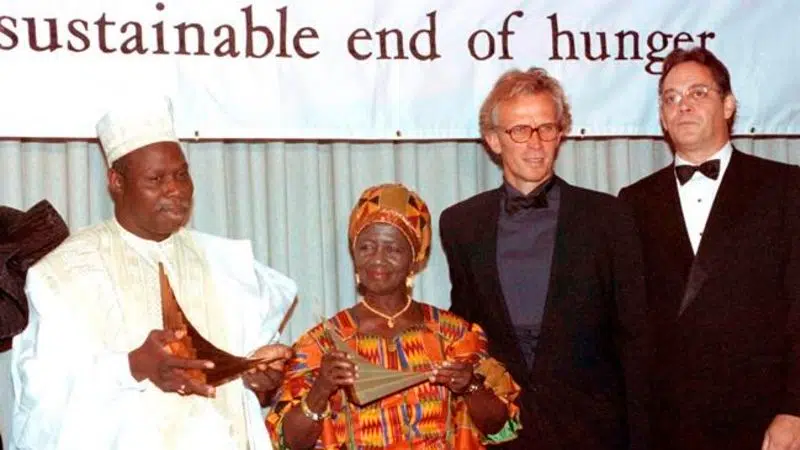
New film explores legacy of Puerto Rican actor Raúl Juliá
ALBUQUERQUE, N.M. — Members of Generation X may know Raúl Juliá for his energetic and playful role as Gomez Addams in the 1991 movie adaptation of “The Addams Family.” Others may think of Juliá in his critically acclaimed role in the 1985 “Kiss of the Spider Woman” as revolutionary Valentin Arregui.
But to actors like Edward James Olmos, Rita Moreno, Andy Garcia, John Leguizamo, and Benicio del Toro, the man many of them knew as Raulito served as a mentor, an advocate and a groundbreaker who paved the way to success for a generation of Latino performers.
The influential Puerto Rican actor, who opened doors for a generation of Latino artists in film and television from the 1970s through the 1990s, is the subject of a new PBS documentary.
“Raúl Juliá: The World’s a Stage” looks into the actor’s life from his middle-class upbringing in Puerto Rico to the streets of New York as he attempted to break into theatre. Using rare footage of Juliá and interviews of Latino actors who credit him for opening doors, the film explores his fight to battle stereotypes and garner respect as a performer. Juliá died in 1994 at the age of 54 due to complications from a stroke.


